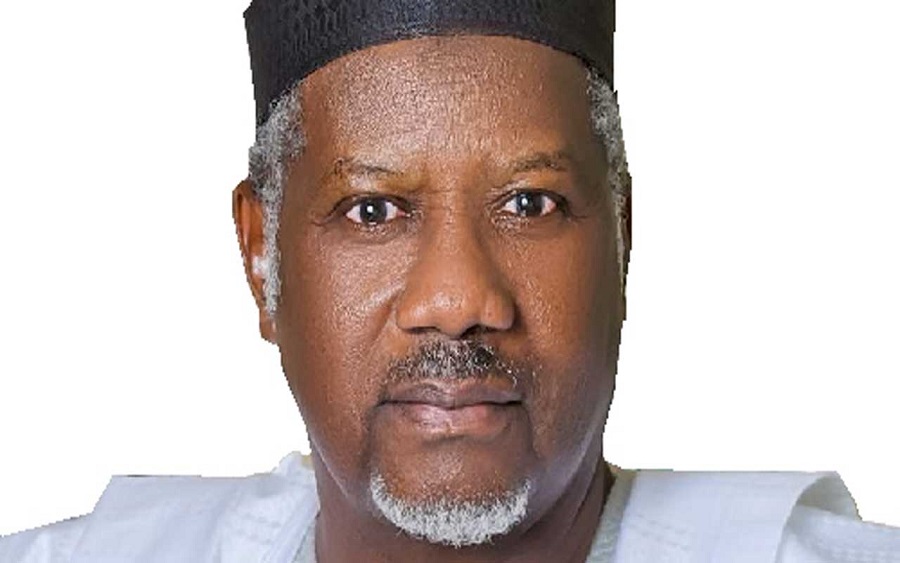The Manufacturing Association of Nigeria (MAN) has advised the Federal Government to be vigilant regarding the influx of products into the country as a result of the African Continental Free Trade Area agreement (AfCFTA) signed by African countries.
The President of MAN, Masur Ahmed requested a return of Nigeria’s product regulation organ, Standard Organization of Nigeria (SON) to the ports in order to curb illegal transactions that could make Nigeria a dumping ground.
Worried by the impact of unscrupulous dealers and substandard goods in the country, Ahmed hoped that a meeting between the Manufacturing Association of Nigeria and the Standard Organization of Nigeria would solve any issues bordering on goods and services in the country.
[READ ALSO: BUA Group’s Chairman reveals why Nigeria is stalling AfCFTA one year after]
Ahmed asked the Federal Government to engage in more capacity building enterprises for SON to be able to cope with the challenges at the ports. He noted that with the signing of the agreement, there would be renewed challenges with goods verification.
“I believe this creates a new demand for SON and other regulators to scale up their activities to prevent dumping. By doing this, we are not protecting the interest of only the Nigerian manufacturers but African manufacturers at large.
“It requires even greater cooperation with stakeholders such as MAN. I believe this is what the agency is working on now and we will certainly support any effort in this regard. I think returning SON to the ports is something we should look at.”
[READ MORE: Dangote seeks mortgage financing in Nigeria]
This is not the first time Ahmed is calling for a review of the AfCFTA agreement.
A Nairametrics report revealed he opined that the continental agreement would negatively affect Nigeria and be the likely reason for an importation surge. He also said that the importation surge would affect the manufacturing sector and 77 other subsectors.
The upshot: Nigeria is majorly known to be an Oil-producing nation. Beyond being a market leader renowned for oil, Nigeria doesn’t do so well with other exports. The continued diversification plan into Agriculture has been marred by bans on importation and forex restriction on certain food items. All this means that the AfCFTA agreement might not favour Nigeria and the country may even become another dumping ground for goods and services from other African countries.












